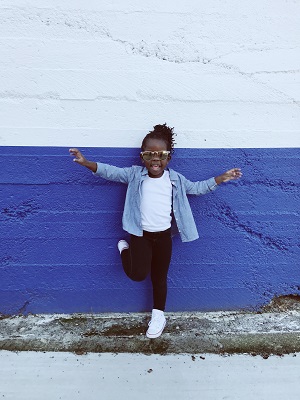
Each academic year ends with the theses defense by the students of Master 2 Brands and Youth Products of the CEPE – IAE of the University of Poitiers. This year 2019-20 yet again, the students have chosen rich and fascinating thesis subjects, and the jury honored some excellent academic works. The topics addressed in the research papers were quite varied and audacious. As one would naturally expect, they were inspired by sectors related to children’s consumption: Cartoons, toy shops, video games, baby care products, amusement parks, social networks, and luxury fashion brands for children, to name the few.
Rightly enough, in this article we will explore the thesis of our last year Brazilian student “Elisangela ASSIS DO NASCIMENTO”. The title of her thesis was “Motivations for choosing luxury fashion brands for children in emerging countries: the case of Brazil”.
Summary: Fashion and luxury consumption result from people’s emotional and psychological needs, much more than their functional aspects. The growth phenomenon of the children’s luxury market in emerging economies is an opportunity for existing brands in the luxury market and contributes to creating new brands specialized in this niche market. Thus, this study aims to identify how these consumers purchase luxury fashion items for children. By searching in the literature, sources were found to identify this type of process. The information was gathered about the consumption behavior of people who, consciously or unconsciously, have chosen luxury products and brands for themselves and their children, nephews, and grandchildren, showing how they are or wish to be perceived in society. Presumably, by analyzing all the behavioral characteristics of these individuals, it will be possible, through the data collection instrument, to identify the motivations of fashion consumers of children’s luxury brands, with a greater chance of success in applying appropriate marketing strategies to the consumer in question. This research was conducted in a descriptive and qualitative manner. It was applied to several fashion consumers aged between 34 and 69 years old. This study concludes that social and psychological factors are determining factors in the choice of luxury brand clothing for children, as they choose these products based on their acceptance by their peer groups. The need for recognition to buy a new luxury fashion product for children presents particular behaviors among Brazilians and may provide us with essential clues on creating different strategies in this social, economic, and cultural context.







